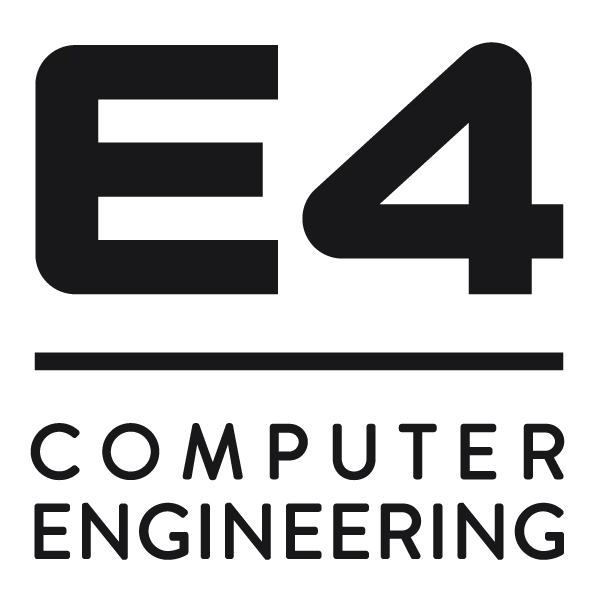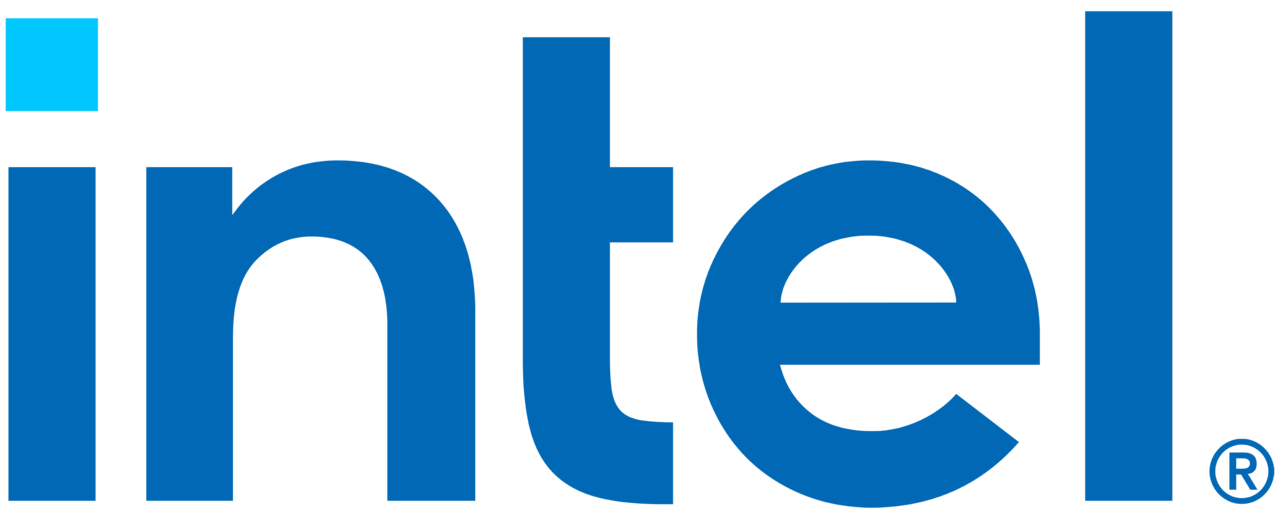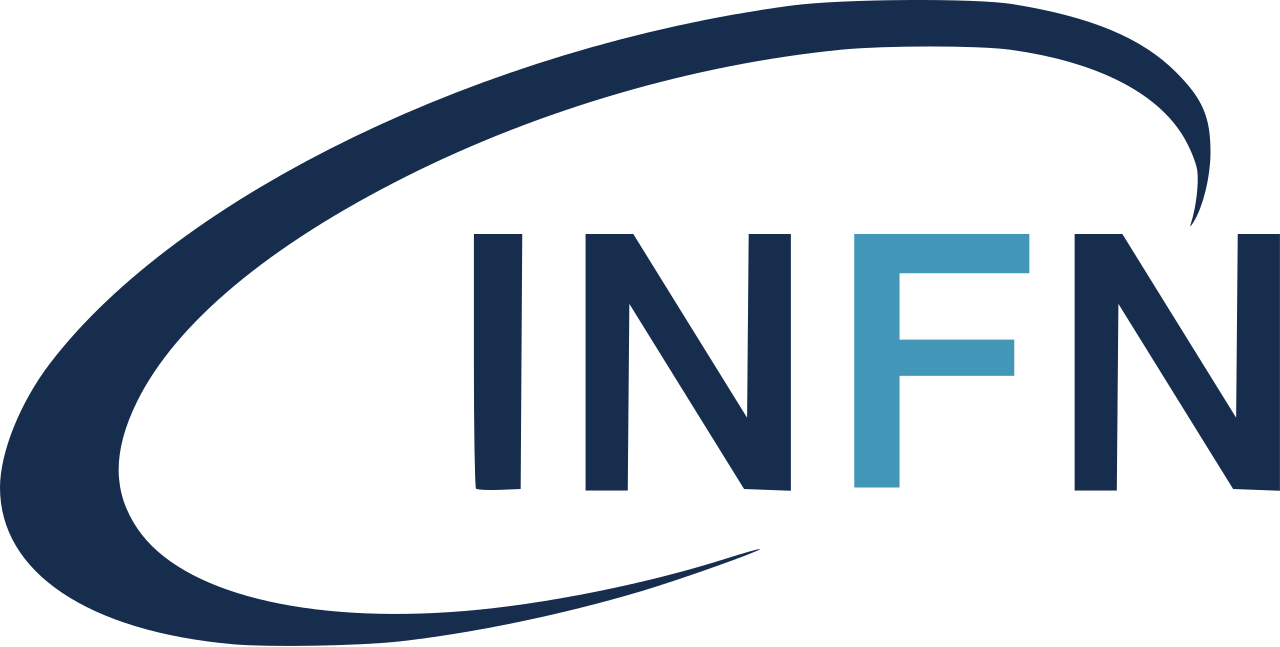Our partners
Discover the leading technology companies and research organisations with whom we are collaborating today.
Why become a partner
Having HEP work together with other science communities and technology providers enhances co-development of common solutions of general validity and impact on science and society. Collaboration and engagement with both scientific communities and ICT industrial partners will therefore not only drive innovation and advancements in science and technology, but also lead to a better understanding of future requirements.
CERN openlab’s primary role is to act as conduit and facilitator for collaboration in computing science and technology between two categories of stakeholders: the science communities (CERN departments and groups; R&D teams at CERN; research centres) on one side and technology providers (industry) on the other side. Once established, the engagement is kept alive and current via periodic check-point meetings and formal governance mechanisms (more information on the governance section).
Projects are required to include overhead costs for activities such as system administration, dedicated communication and support activities. The appropriate level of overhead to be charged depends on the type of project and will be explicitly negotiated, but it is estimated to be of the order of 10% of the total project cost.
Although the main distinction between Partners and Associates is in the scope of the collaboration, Partners have more benefits than Associates. Participation in the CERN openlab Collaboration Board is reserved to Partners.
Research centres with complementary expertise, aligned scientific goals, and innovation objectives may become research members of CERN openlab with or without direct financial contributions.
Current partners

Since 1983, Oracle and CERN have partnered to drive scientific and technological innovation. CERN requires information technologies that are efficient, robust, and enable wide collaboration, and Oracle — a founding partner of CERN openlab — provides solutions that store, manage, and distribute information at the required scale and cost. Oracle is a global provider of enterprise cloud computing and data management, empowering businesses on their journey of digital transformation. Oracle supports 430,000 customers in 175 countries develop strategic roadmaps to advance their journey to cloud. Learn more about at www.oracle.com.

Micron Technology is a global leader in advanced semiconductor systems. For 40 years, Micron has been instrumental to the world’s most significant technology advancements. Micron’s broad portfolio of high-performance memory technologies is transforming how the world uses information to enrich life. To learn more about Micron Technology, visit www.micron.com

Pure Storage delivers the industry’s most advanced data storage platform to store, manage, and protect the world’s data at any scale. From AI to archive, Pure Storage provides a cloud experience with one, unified storage-as-a-service platform across on-premises, cloud, and hosted environments—all built on the proven, non-disruptive Evergreen architecture. To learn more about Pure Storage, visit www.purestorage.com

Since 1983, Oracle and CERN have partnered to drive scientific and technological innovation. CERN requires information technologies that are efficient, robust, and enable wide collaboration, and Oracle — a founding partner of CERN openlab — provides solutions that store, manage, and distribute information at the required scale and cost. Oracle is a global provider of enterprise cloud computing and data management, empowering businesses on their journey of digital transformation. Oracle supports 430,000 customers in 175 countries develop strategic roadmaps to advance their journey to cloud. Learn more about at www.oracle.com.

Cerabyte is an innovative data storage technology writing physical bits on ceramic-on-glass sheets retaining data virtually forever, without bit rot, even under extreme conditions. Cerabyte leverages amortized semicon tool tech and builds on materials widely in use as well as DC environment form factors. Parallel writing/reading of millions of bits enables data throughput rates of GB/s. With a low power profile and unlimited media life, though fully recyclable, Cerabyte significantly reduces costs and the environmental footprint of data storage. Additional information about Cerabyte is available at http://www.cerabyte.com/

Johnson & Johnson (J&J) is an American multinational pharmaceutical, biotechnology, and medical technologies corporation. The company is exclusively focused on developing and producing pharmaceutical prescription drugs and medical device technologies. Additional information about Johnson & Johnson is available at www.jnj.com/innovative-medicine

Since 2002, E4 Computer Engineering has been innovating and actively encouraging the adoption of new computing and storage technologies. Because new ideas are so important, the company invests heavily in research and hence in the future. E4 Computer Engineering offers its customers complete solutions for their most demanding workloads on: HPC, big data, AI, deep learning, data analytics, cognitive computing and for any challenging storage and computing requirements. Additional information about E4 Computer Engineering is available at www.e4company.com.

Intel is a world leader in computing innovation. The company designs and builds the essential technologies that serve as the foundation for the world’s computing devices. Additional information about Intel is available at www.intel.com.

The Simons Foundation’s mission is to advance the frontiers of research in mathematics and the basic sciences. Since its founding in 1994 by Jim and Marilyn Simons, the foundation has been a champion of basic science through grant funding, support for research and public engagement. The Simons Foundation makes grants in four areas: Mathematics & Physical Sciences, Life Sciences, Autism & Neuroscience, and Science, Society & Culture. Their Flatiron Institute was opened in 2016 and conducts scientific research in-house, supporting teams of top computational scientists. Additional information about the Simons Foundation is available at www.simonsfoundation.org

Pasqal is a quantum computing company based in France, specializing in the development of neutral-atom quantum processors. Founded by leading researchers in quantum physics, Pasqal is focused on creating scalable, high-performance quantum computers and making them accessible to industries and researchers worldwide. The company offers a range of quantum hardware and software solutions, cloud services, and consulting to help clients harness the potential of quantum computing. www.pasqal.com

The National Institute for Nuclear Physics (INFN) is the Italian research agency dedicated to the study of the fundamental constituents of matter and the laws that govern them, under the supervision of the Ministry of Education, Universities and Research (MIUR). It conducts theoretical and experimental research in the fields of subnuclear, nuclear and astroparticle physics, visit their website for more information home.infn.it/en.

The University of Trieste is a lay, pluralistic, public sector institution of higher education that is independent of any ideological, religious, political or economic orientation, in compliance with the principles of the Constitution of the Italian Republic and the international commitments Italy has undertaken in the fields of scientific research and university education.
The main objectives of the University are scientific research and higher education, in order to promote the cultural, civil, social and economic development in the Italian Republic. The University acknowledges that teaching and research are inseparable and that both, where envisaged, are inseparable from support services. For more information visit www.units.it